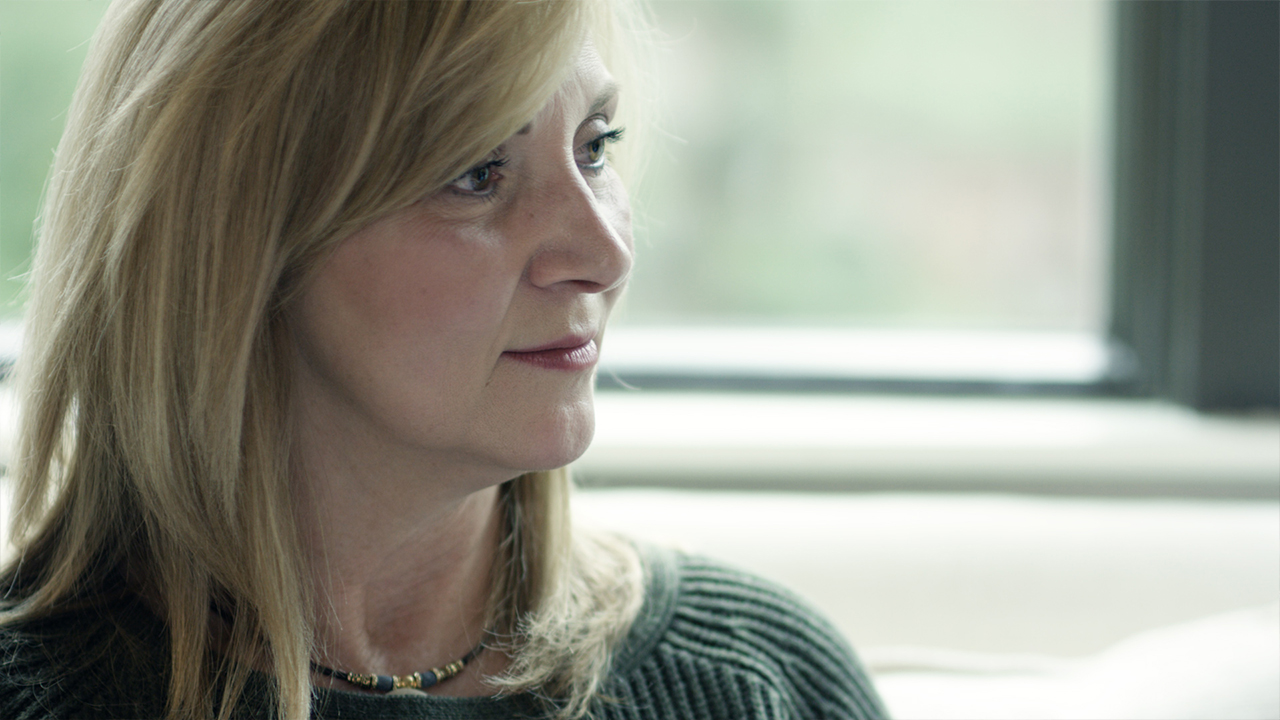She’s been married to her husband, Steve Abbott, for 35 years. The couple usually spends their days enjoying food, wine and time with their three rescue dogs.
Back in January 2015, Diana was diagnosed with stage 1 triple-negative breast cancer. This came 16 months after Steve received a diagnosis of prostate cancer.
This year in the United States, around 250,000 new cases of breast cancer will be diagnosed, which is about 800 women a day.
Nothing could’ve prepared Diana for this news, especially since there isn’t a history of breast cancer or any type of cancer in her family.
“The first time they tell you that, you’re numb,” Diana said. “You’re absolutely numb. All thought goes out of your head.”
Diana turned to UC Health and saw Elyse E. Lower, MD, director of the University of Cincinnati Cancer Institute’s Breast Cancer Center. Dr. Lower knew how challenging this journey is for Diana and Steve.
“You worry about everything. Will you be able to work? How are you going to be able to afford it? Who’s going to take care of the kids?” said Dr. Lower. “What happens if one gets good test results and the other doesn’t? These are not easy hurdles, but they face them with courage and humor.”
Diana believes that the early diagnosis and being in charge of her health were important. She and Steve did thorough research about what kind of care they wanted and where they wanted to get it from.
Like her husband, she discovered that UC Health was the best place to receive the care she needed.
“I cannot recommend UC Health any higher,” said Diana. “My husband and I have, and continue to have, incredible care. They’ve taken the time to get to know me. They’re very friendly and kind to me.”
Diana’s care team took the time to understand her treatment, and how she wanted to be treated.
“When a woman is first diagnosed with breast cancer, it’s very overwhelming,” Dr. Lower said. “It is the goal of our team, since we’re multidisciplinary, to provide treatment plans for the cancer. We don’t want cancer to be your world—we want to put it in your world.”
Diana encourages all women to have yearly mammograms, a woman’s first line of defense, and to perform self-exams continuously. Both of these were important in finding her cancer.
Women with triple-negative breast cancer have a higher chance of recurrence in the first five years. Diana is now about four and half years out.
“My doctors have been so happy with my progress,” said Diana.
